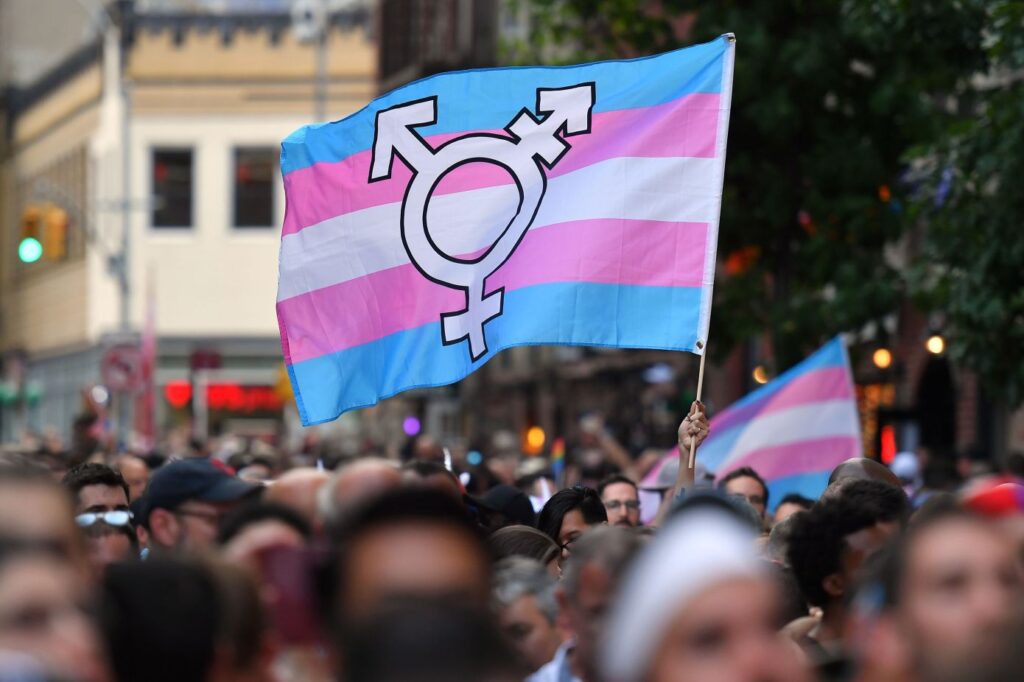With Fairest coming to an end in chapter 17 (no title), the audience is met with an even more curious Meredith Talusan, who is seen reading for The Vagina Monologues in October of 2001. After having read aloud to a group of undergrad women, one of the producers had bluntly asked her what reason she had for participating in this show, which Talusan had answered honestly. This experience led her to be more open with strangers, although, not everyone appreciated her honesty. For example, when discussing with other transgender women in an online chat room called, “TGForum”, she noticed that most women there believed that if they passed as a woman (physically), then they should be shut about being trans, which Talusan did not concur with. “A lot of the girls there took that as judgment of their choices, which left me isolated even among trans people. But I couldn’t help feeling that withholding my history not only implied I was ashamed of it but also sacrificed too much of myself and my life,” (Talusan, 2020). Though her stance wasn’t taken in with open arms by others in that part of the trans community, the way Talusan expressed herself in that brief moment was integral to the meaning of transgender. This read was definitely worth while, and while I don’t feel the same way they do, I respect them for what they are.






